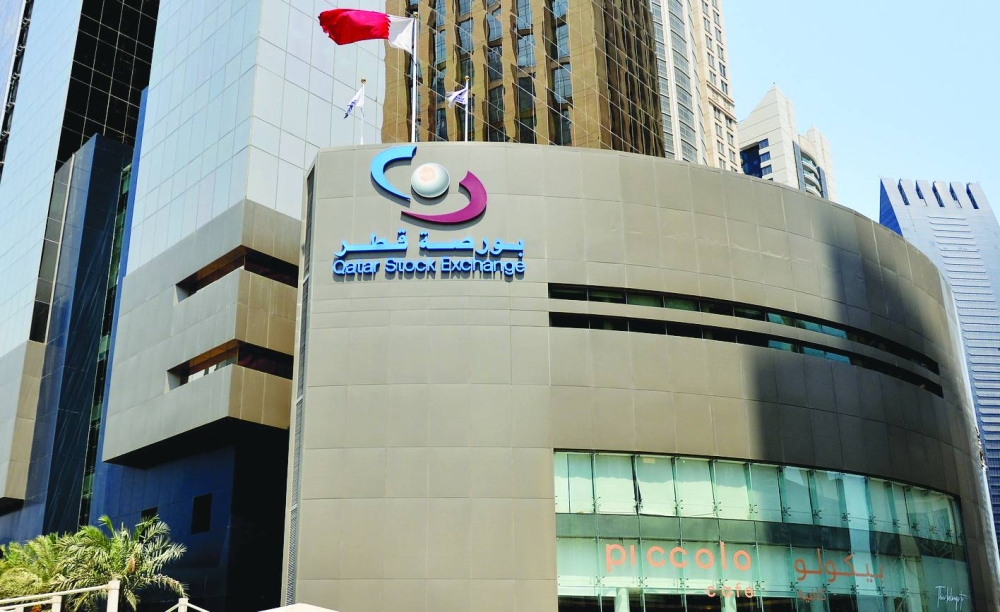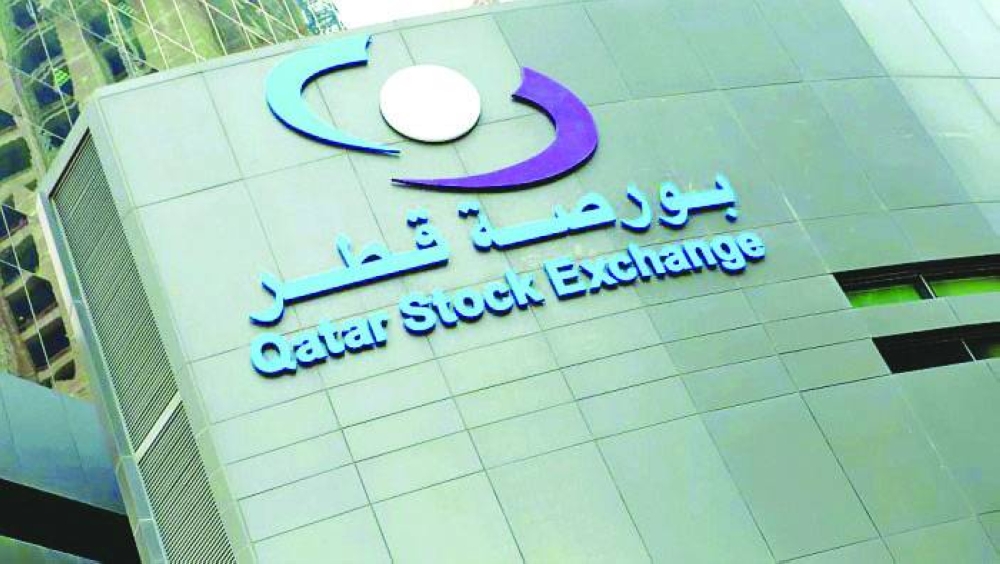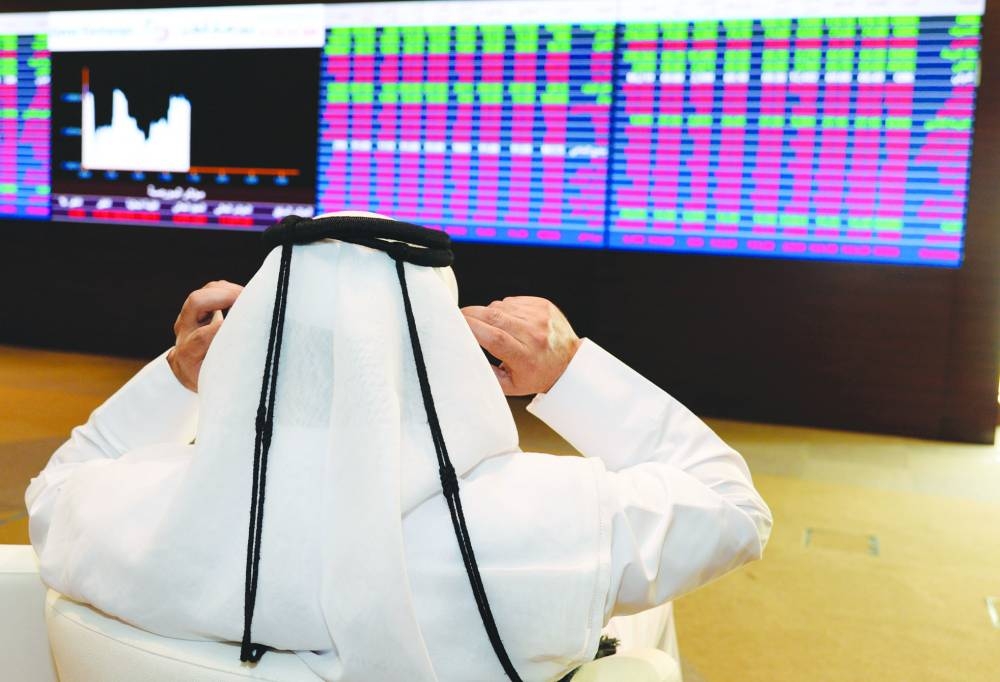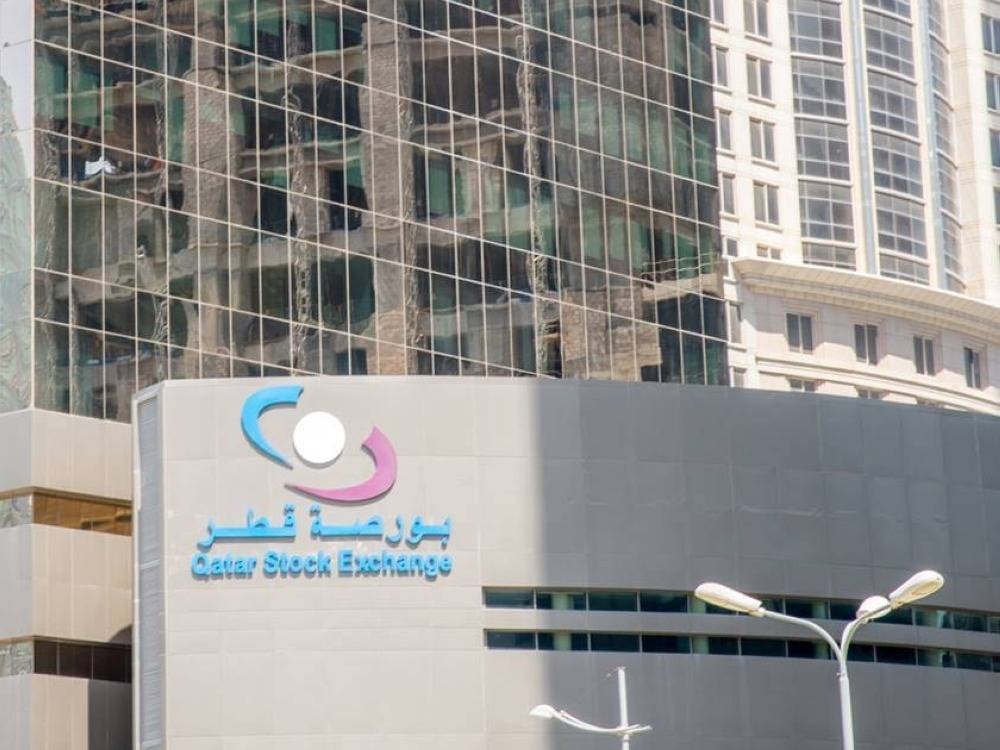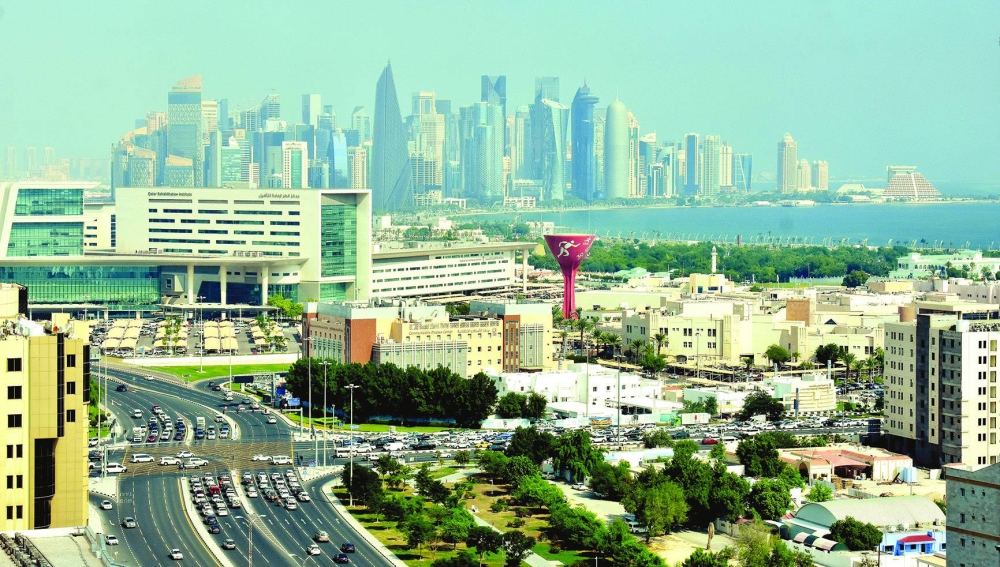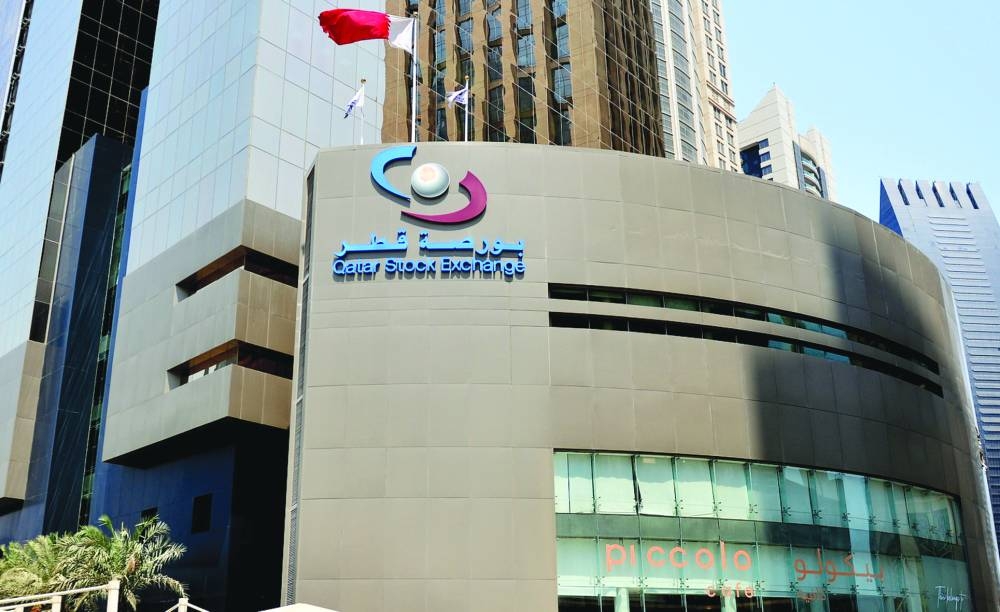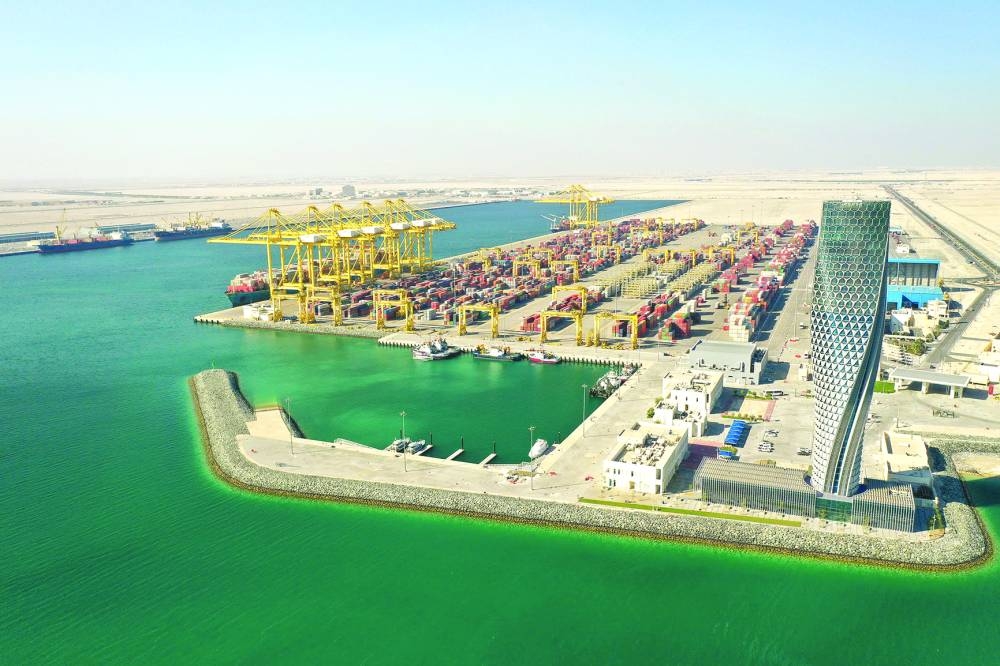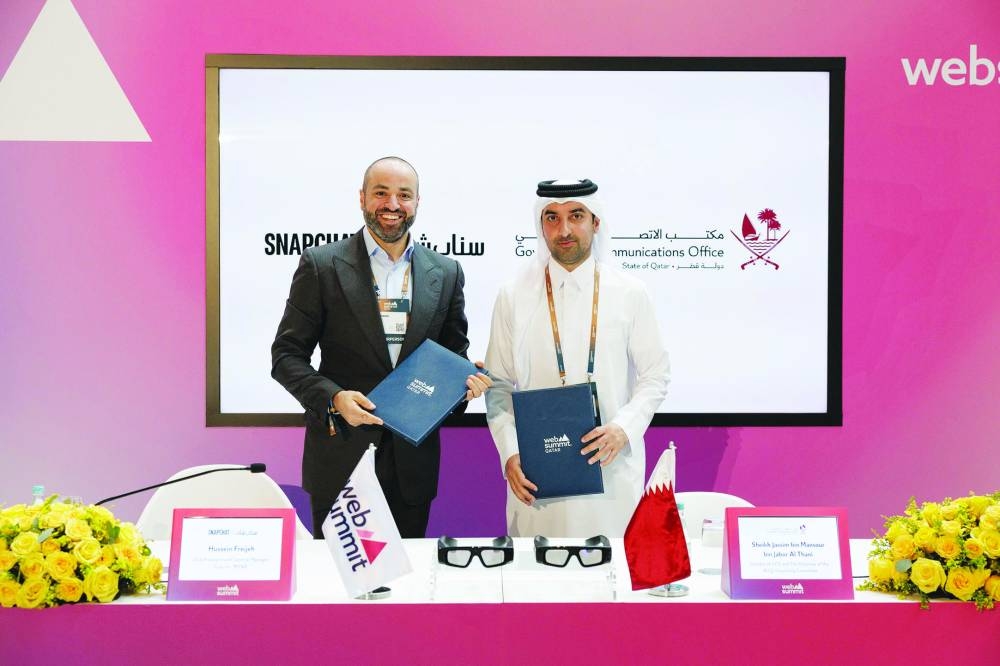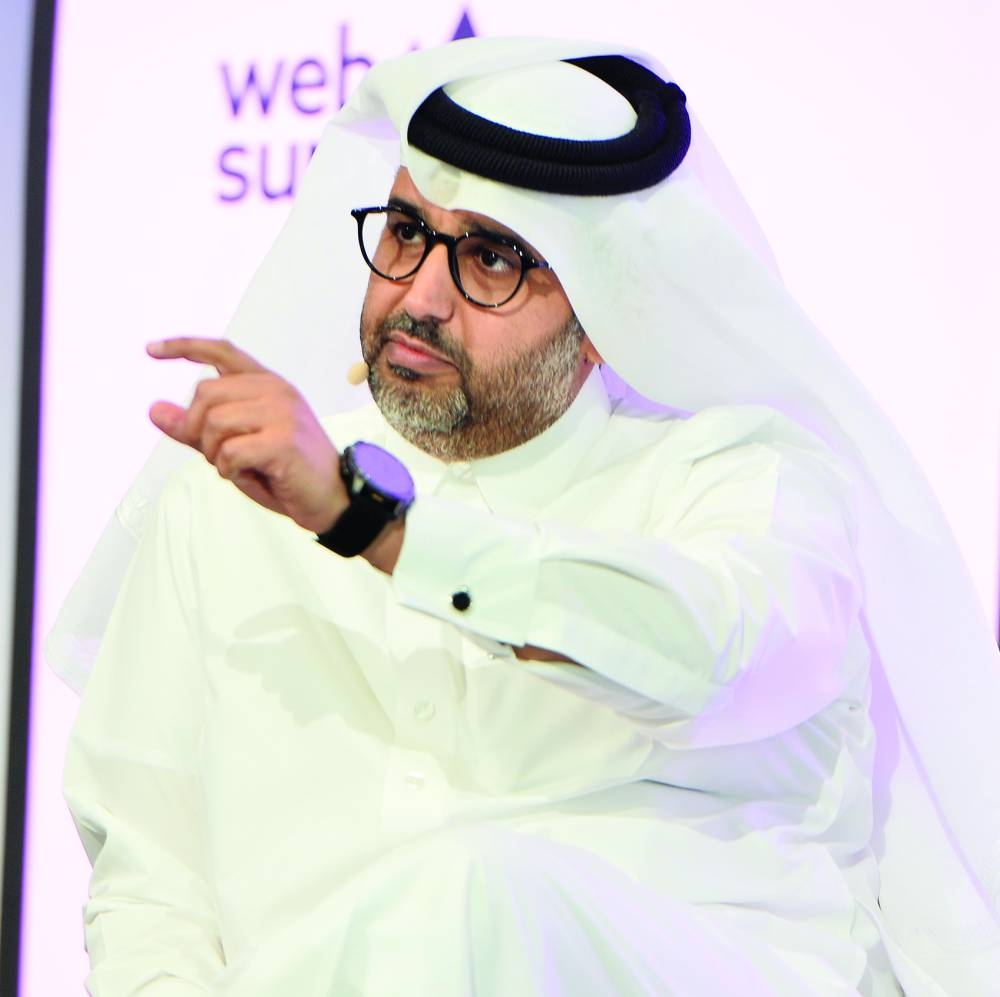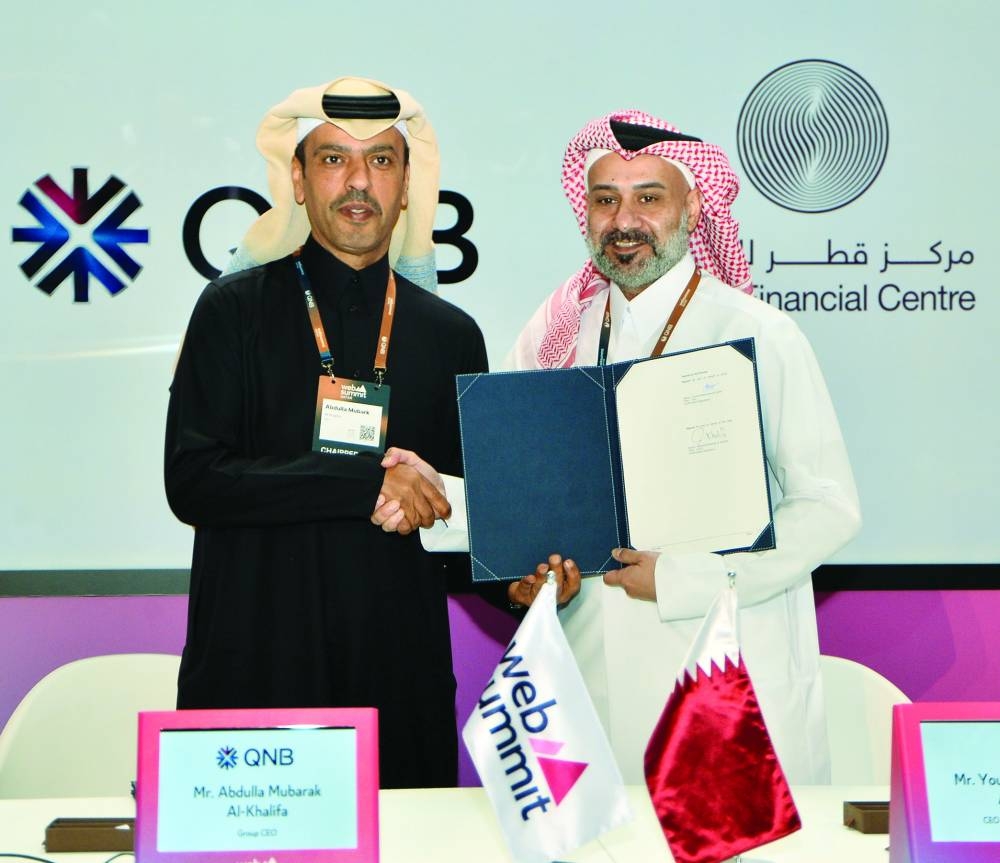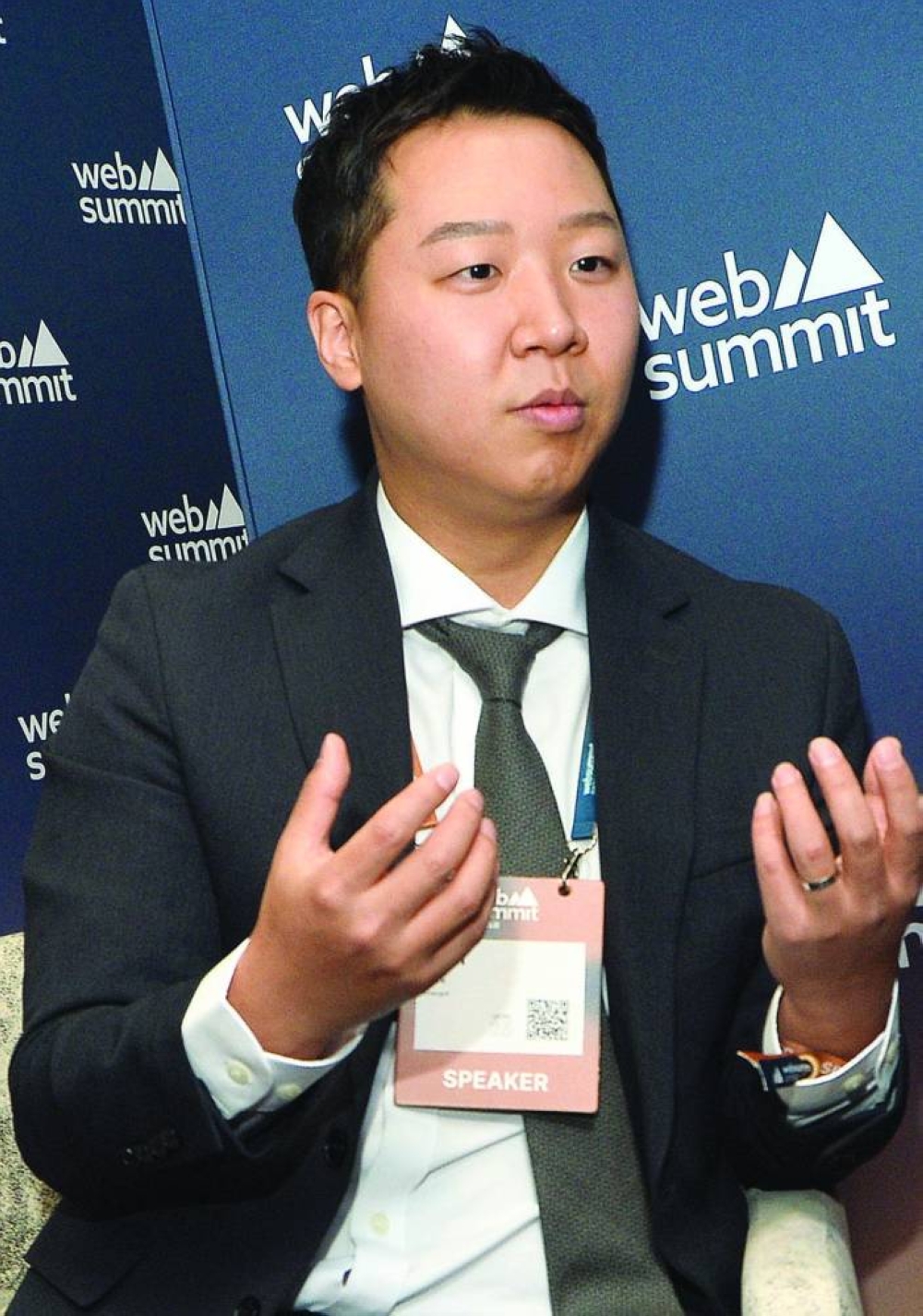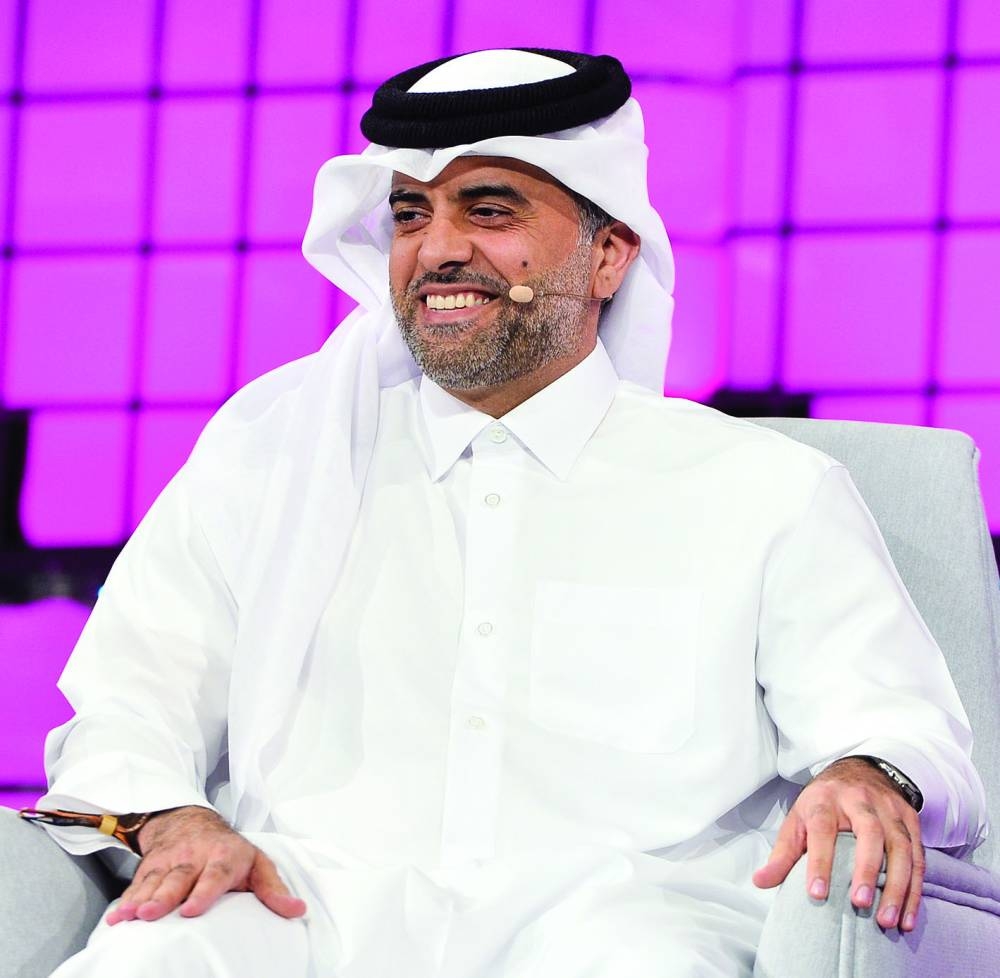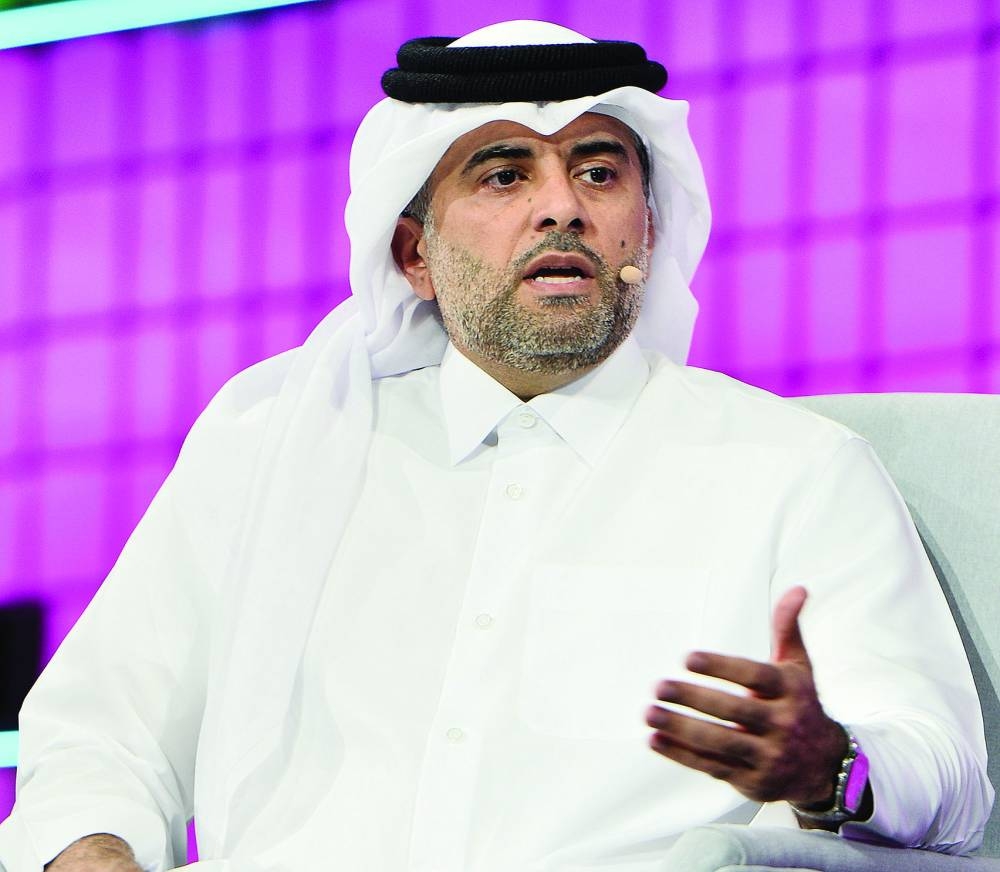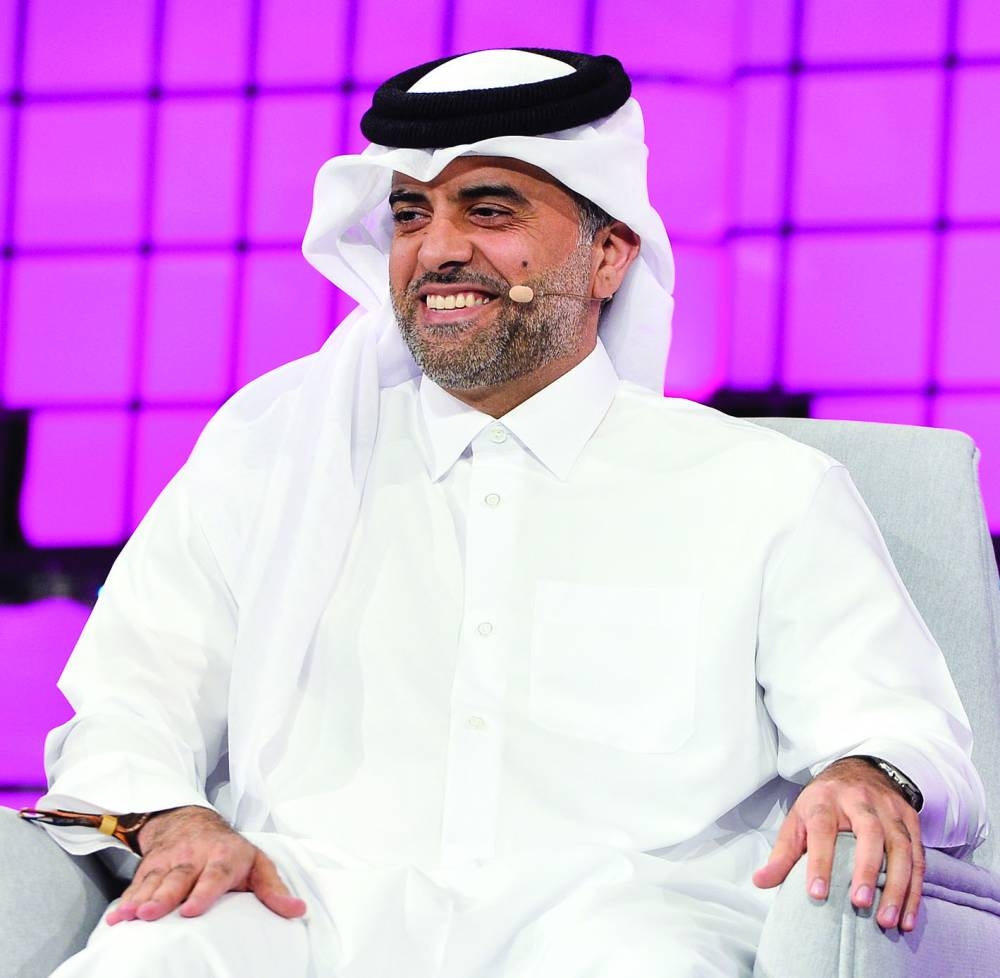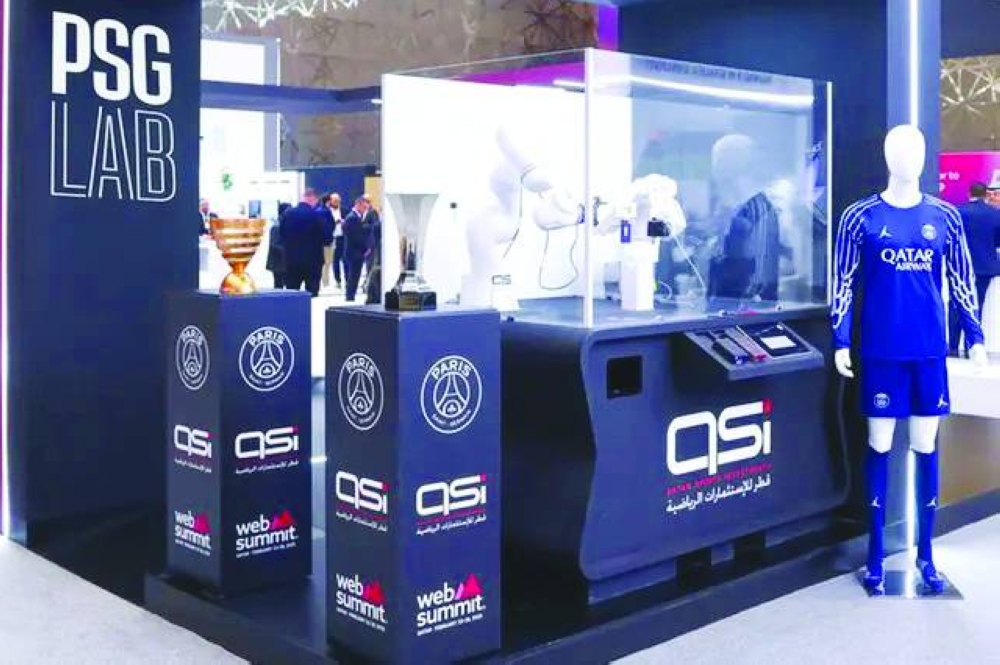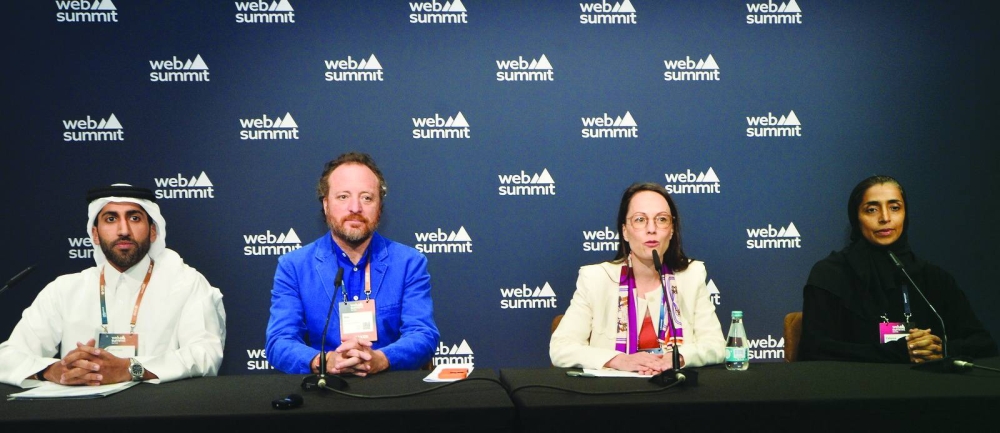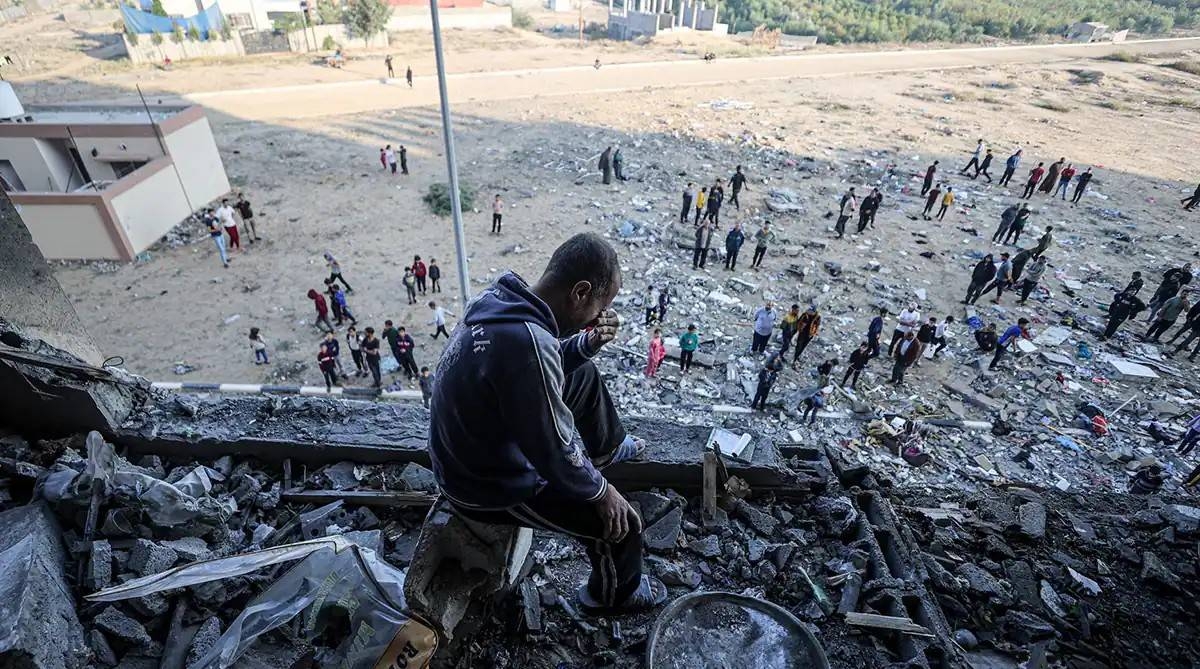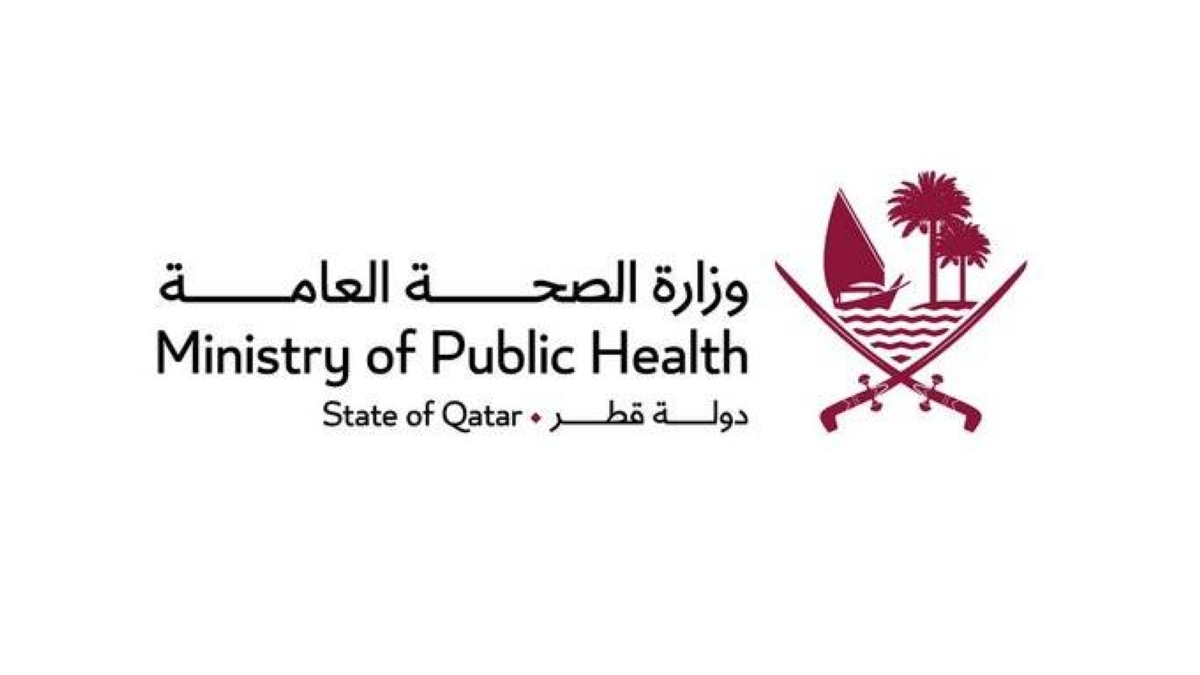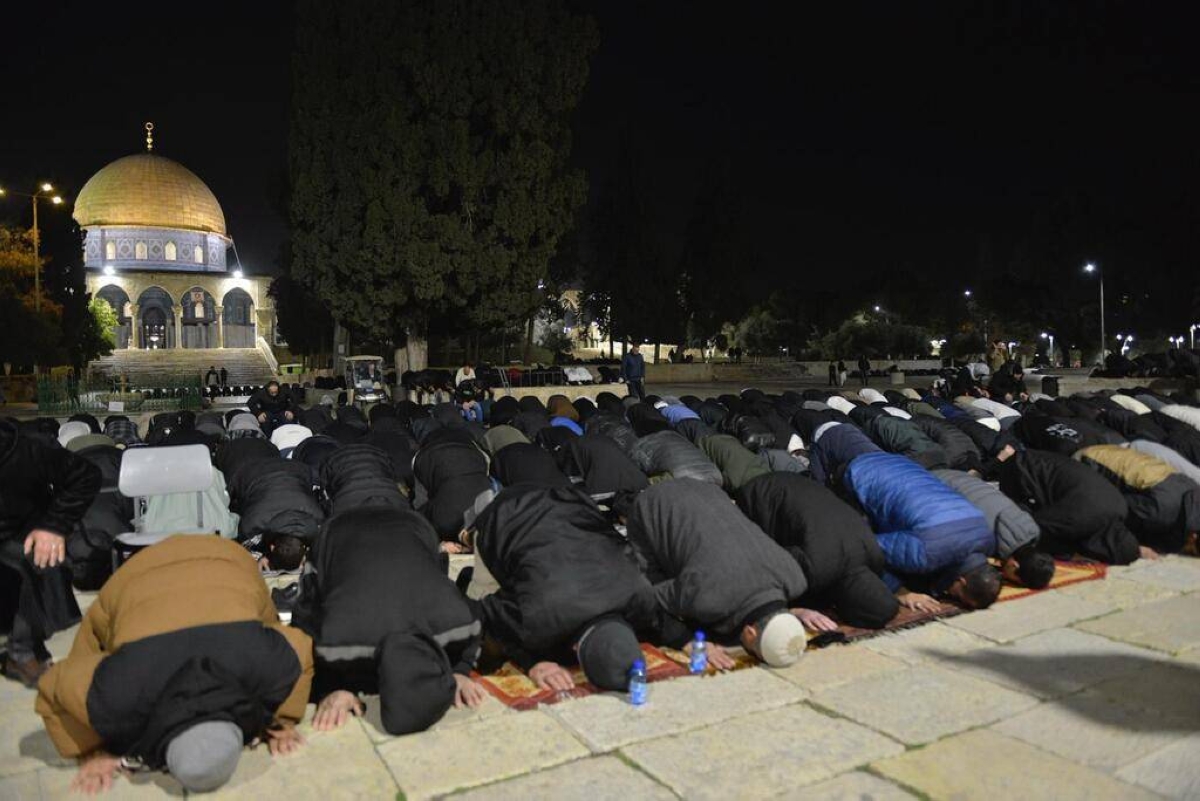Notwithstanding the extant US tariff concerns, the Qatar Stock Exchange (QSE) treaded a positive trajectory with its key index gaining as much as 68 points and capitalisation adding QR2.63bn this week. The domestic institutions continued to be net buyers but with lesser intensity as the 20-stock Qatar Index rose 0.66% this week which saw the QSE remove the minimum trading commission of QR30, replacing it with a fixed proportional commission rate of 0.00275 with no minimum threshold. The transport, telecom, real estate and consumer goods counters witnessed higher than average demand in the main bourse this week which saw the QSE launch Al-Nukhba programme, an educational and training initiative designed to enhance the capabilities of promising family-owned and private companies in Qatar. The foreign funds’ weakened net profit booking had its influence in the main market this week which saw total assets of commercial banks in Qatar register a 3.3% year-on-year growth to QR2.04tn in January 2025. The Gulf institutions were however seen increasingly into net selling in the main bourse this week which saw a total of 0.05mn AlRayan Bank-sponsored exchange-traded fund QATR worth QR0.12mn trade across 22 deals. The Arab individuals were bearish in the main market this week which saw as many as 0.01mn Doha Bank-sponsored exchange-traded fund QETF valued at QR0.08mn change hands across seven transactions. The foreign retail investors turned net sellers in the main bourse this week which saw as many as 1,000 sovereign bonds worth QR10mn change hands across one deal. The Islamic index was seen outperforming the other indices of the main market this week, which saw Doha Bank’s $500mn global bond, which was recently oversubscribed almost five-fold, saw as much as 55% of the investors from Europe and Asia; while the remaining from the Middle East. Market capitalisation added 0.43% to QR616.07bn on the back of small and microcap segments this week which saw Doha Insurance and Bupa Global enter into a strategic partnership agreement. Trade turnover and volumes were on the decrease in the main market this week which saw no trading of treasury bills. The Total Return Index rose 0.75%, the All Islamic Index by 0.79% and the All Share Index by 0.63% this week which saw the industrials and banking sectors together constitute more than 54% of the total trade volumes. The transport sector index shot up 3.07%, telecom (1.78%), real estate (1.73%), consumer goods and services (0.9%), banks and financial services (0.28%) and industrials (0.1%); while insurance was unchanged this week which saw Qatar’s maritime sector report higher vessels call and brisk growth in movement of containers, RORO and livestock through Mesaieed, Doha and Al Ruwais ports this February on an annualised basis. About 57% of the traded constituents extended gains with major movers being Qatar General Insurance and Reinsurance, Qatar Cinema and Film Distribution, Nakilat, United Development Company, Vodafone Qatar, Doha Bank, Commercial Bank, Woqod, Al Mahhar Holding, Qatar Electricity and Water, Barwa, Ooredoo and Milaha this week. Nevertheless, Gulf International Services, Baladna, Lesha Bank, Qatar German Medical Devices. Dlala, Widam Food, Al Faleh Educational Holding and Mesaieed Petrochemical Holding were among the losers in the main bourse. In the venture market, Techno Q saw its shares depreciate in value this week. The foreign institutions’ net selling decreased significantly to QR136.98mn compared to QR463.31mn the week ended February 27. However, the Gulf institutions’ net profit booking increased drastically to QR23.77mn against QR11.96mn the previous week. The foreign individuals were net profit takers to the tune of QR12.52mn compared with net buyers of QR5.63mn a week ago. The Arab retail investors turned net sellers to the extent of QR9.18mn against net buyers of QR15.99mn the week ended February 27. The Qatari individuals were net profit takers to the tune of QR4.8mn compared with net buyers of QR56.39mn the previous week. The Gulf retail investors turned net sellers to the extent of QR4.64mn against net buyers of QR4.2mn a week ago. The domestic institutions’ net buying weakened substantially to QR191.89mn compared to QR392.64mn the week ended February 27. The Arab funds had no major net exposure against net buyers to the tune of QR0.38mn the previous week. The main market witnessed a 46% plunge in trade volumes to 510.42mn shares, 43% in value to QR1.54bn and 26% in deals to 63,524 this week.

Santhosh V. Perumal
Santhosh V. Perumal, a postgraduate in Econometrics with an advance qualification in Capital Markets and Financial Services, is Gulf Times' journalist. His coverage areas are debt and equity, hydrocarbons, international trade, environment, banks, insurance and real estate. Previously, he was in New Delhi, India as Senior Finance Correspondent of PTI.
Most Read Stories
3

